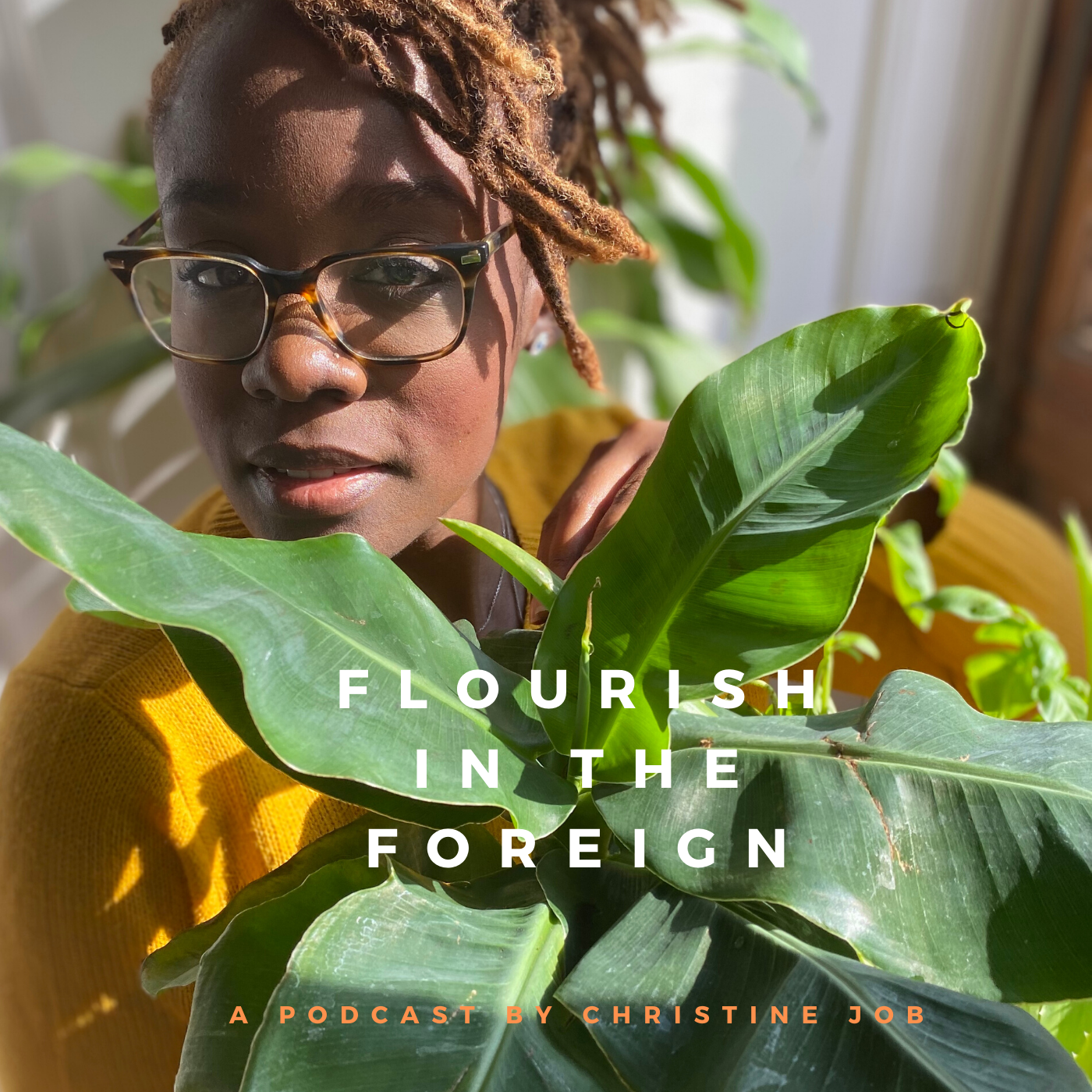How to Survive Being a Trailing Spouse
Trailing spouse aka “Accompanying partner” is the word people love to hate. It’s not a myth it’s the reality of many ex-pat partners, especially women.
How does it happen?
Sierra Leone, beautiful beaches, English–speaking, and a country busy rebuilding and healing. In 2007 this was the place I was going to call home for 2 years. As soon as I stepped off the plane I was wrapped in humidity and for the first time had the smoothest entrance through Security and Customs I’ve ever had. [Since then, I have learnt to leave 3 hours between connecting flights, because I’m always flagged for an extra security check 😉].
Three days after landing, I was crying openly telling my partner I want to go home. Being a trailing spouse will humble you if you don’t have a plan.
I woke up with nowhere to go and no car to get there anyway. I fell asleep at night not because I was tired, but because it was something to do.
How had my daydream about meeting people, exploring a country, and finding local art gone belly-up?
I was in no way prepared for life in a new country (I did my research), but I blithely thought “it would be a bit like Lesotho”.
The next step in becoming a trailing spouse is stretching out the days with the mundane. I took a good 30 minutes going around the 4-aisle grocery store, just to get out of the house. I think the staff must have thought I was the best shoplifter in the country!
I got my hair plaited each week as it is human contact, I learnt so much about Freetown from the sweet lady who did my hair.
My partner did his best, inviting me for coffee or drinks after his workday was done, but I truly believe your partner should not fulfill every social need.
Every trailing spouse has tossed the coin to see if they should stay or go home and try to do the distance thing.
I didn’t go home I turned it around.
Becoming a trailing spouse is a leap of faith, and even though you can wobble for a few months you can turn it into a chance to meet new people, learn a language, share your expertise (volunteer) and become a more confident 2.0 version of you.
Tip 1.
Learn how things are done locally do not take your (Sotho/Brit/US/other) attitude and slap it on a different country.
I turned up at a charity office I’d reached out to before leaving Lesotho. I turned up in the morning, introduced myself, and told them I was ready to work.
If you cannot work in your host country, volunteer!!!
Tip 2.
Don’t compare your new country to home. You are setting yourself up to fail.
I stepped back from keeping up with daily gossip from home and started going out more alone. Meeting my neighbors and asking the local staff (who were so sweet and patient) where I could go and what I could do.
Tip 3.
Do not separate yourself from local people, take an interest, it opens doors.
I invited both the women I volunteered with, out for a coffee.
Tip 4.
Be prepared to be knocked back but keep putting yourself out there!
Looking back, I wish there were a few more blogs written by Black African women describing their experiences. Everything matters when you’re an ex-pat spouse some lessons were great and others are best forgotten. Being a trailing spouse eventually pushed me to learn new skills and build my own business. This never ever would have happened if I’d said no to Sierra Leone.
Have some insight to share? Drop your comments below and let’s continue the conversation.
Found this helpful? Be sure to share with your friends!

